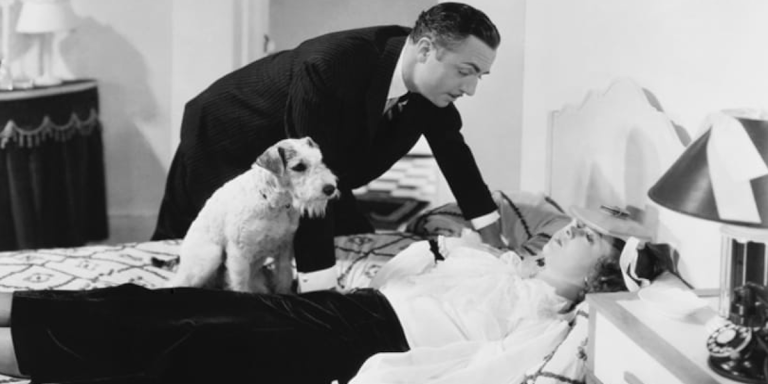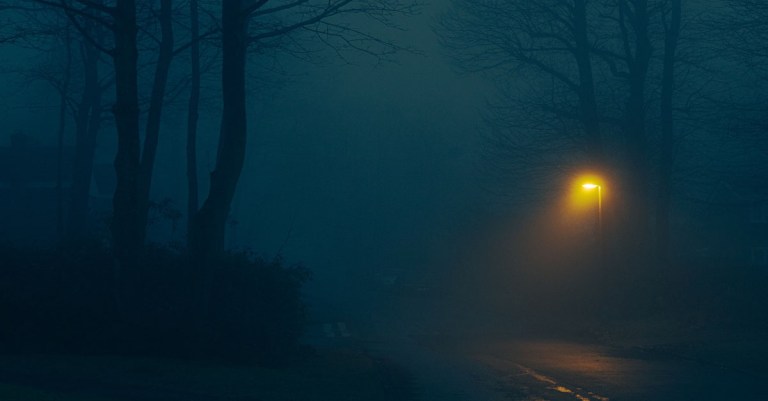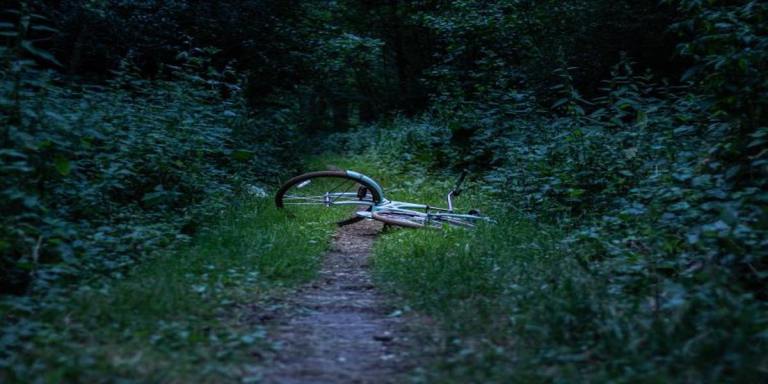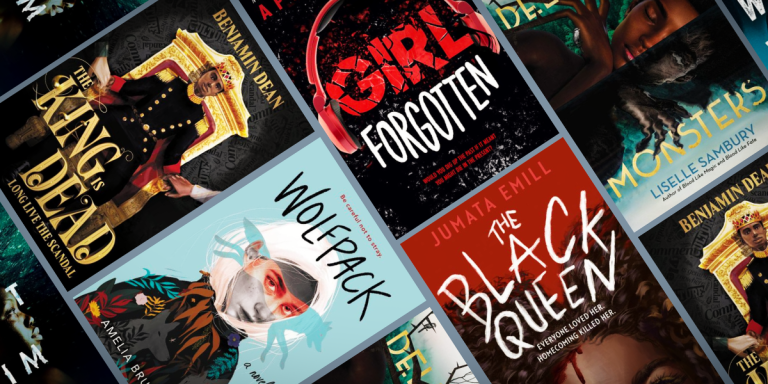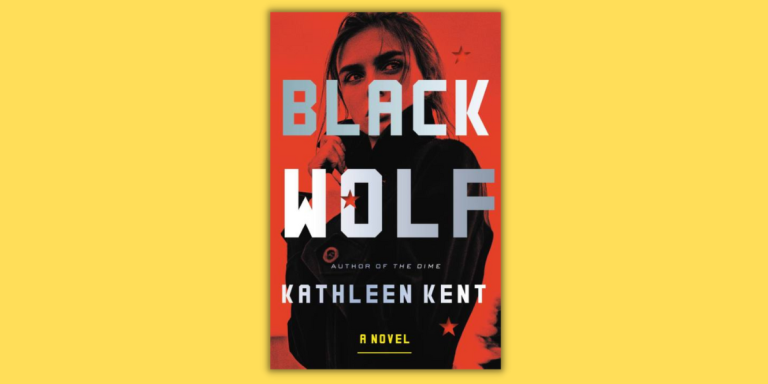Podcasts and Plot: On Constructing Death of a Dancing Queen
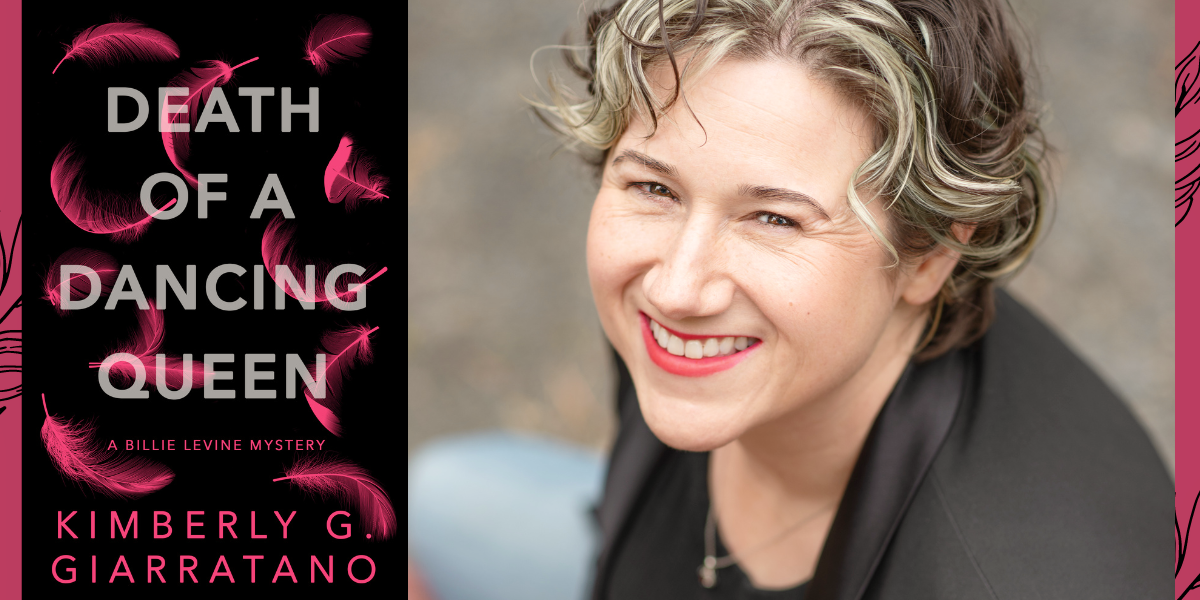 For me, podcasts, particularly true-crime podcasts, are ubiquitous with chores and commutes. I’m not going to fold laundry or wash dishes or drive to my in-laws without listening to Karen and Georgia discuss the suspicious death of a scientist in Antarctica, or Phoebe Judge soothingly recount how Dr. Hawley Crippin murdered his wife in 1910 and nearly got away with it (he was nabbed by the telegraph). For the same reasons I carry my cell phone into the bathroom, I use podcasts to distract me from an anxious mind that can’t even find solace doing the most mundane tasks. And, so, I listen.
For me, podcasts, particularly true-crime podcasts, are ubiquitous with chores and commutes. I’m not going to fold laundry or wash dishes or drive to my in-laws without listening to Karen and Georgia discuss the suspicious death of a scientist in Antarctica, or Phoebe Judge soothingly recount how Dr. Hawley Crippin murdered his wife in 1910 and nearly got away with it (he was nabbed by the telegraph). For the same reasons I carry my cell phone into the bathroom, I use podcasts to distract me from an anxious mind that can’t even find solace doing the most mundane tasks. And, so, I listen.
But I’m not alone. Podcasts have really hit a rise in popularity—probably most evidenced in the boom of true crime series. With low production costs (all you need is a decent mic and some quiet), and a plethora of crimes to recount, the genre has really elevated the medium. And, for some, there is fame and fortune to be found. Karen and Georgia, the revered duo of My Favorite Murder, tour globally to sold-out shows. They’ve put out a book and created an entire network that produces several podcasts of varying genres. And while fans tune in to hear Karen discuss an obscure cult, or Georgia describe the visible frozen bodies on Mt. Everest, what they’re really staying for are the genuine banter and asides on mental health. Karen and Georgia are the stars of their show; the stories are secondary.
So when I began drafting my private eye novel, Death of a Dancing Queen, and I was considering victims and victimology, I knew I wanted to drag my love of podcasts into the plot. One of the first cases my protagonist, Billie, takes on is the disappearance of Jasmine Flores, a college student, podcaster, and armchair sleuth. Jasmine is one half of The Murder Girls, a true crime podcast, that she hosts with her best friend. They have a tagline, “Murder Girls suspect everyone,” and merchandise. As Billie slyly points out, “Oh, so a rip-off of My Favorite Murder.” Needless to say, that doesn’t go down well. Of course, I did this intentionally—wanting to point out that the popularity, and potential celebrity, of true crime podcasts can ensnare those who think all they need for success is Wikipedia. Sure, audiences might come for the crime, but they stay for the charisma.
As Billie continues her sleuthing, she discovers that Jasmine isn’t just into true crime, she also fancies herself an internet detective. Jasmine and her friends try to solve cold cases, but while her peers do so from the comfort of their dorm rooms, Jasmine takes a much more active approach to the investigation. To say anything more would spoil the story.
Many novels have been published recently with true crime podcasters at the story center, perhaps in part because it’s low-hanging fruit. How crazy would be it be for a true-crime aficionado to get murdered or accused of murder? And while the concept may feel a bit done-to-death (pun always intended), the psychology is still worth exploring. What is it about true crime that makes it so tantalizing to dissect, and why would someone make the grisly act of murder their life’s work? Billie could ask herself the same question: is risking her life worth the paycheck that comes with it?
Because many of us have deep-seated passions we’re hesitant to talk about in mixed-company, we tune into podcasts as a way of sharing those interests in a safe environment. As an audience, the only ones who know we’re on second listen of an episode about serial rapist and all-around devil-incarnate Richard Ramirez is us and Spotify. But for the hosts, particularly my fictional Murder Girls pair, their disembodied voices do nothing to hide their identities nor their excitement for crime. So when one of them gets in trouble, we must ask ourselves: is it a self-fulfilling prophecy?
Discover the Book
After her mother’s Alzheimer’s diagnosis, Billie Levine revamped her grandfather’s private investigation firm and set up shop in the corner booth of her favorite North Jersey deli hoping the free pickles and flexible hours would allow her to take care of her mom and pay the bills. So when Tommy Russo, a rich kid with a nasty drug habit, offers her a stack of cash to find his missing girlfriend, how can she refuse? At first, Billie thinks this will be easy earnings, but then her missing person's case turns into a murder investigation and Russo is the detective bureau’s number one suspect.
Suddenly Billie is embroiled in a deadly gang war that’s connected to the decades-old disappearance of a famous cabaret dancer with ties to both an infamous Jewish mob and a skinhead group. Toss in the reappearance of Billie’s hunky ex-boyfriend with his own rap sheet, and she is regretting every decision that got her to this point. Becoming a P.I. was supposed to solve her problems. But if Billie doesn’t crack this case, the next body the police dredge out of the Hudson River will be hers.
By clicking 'Sign Up,' I acknowledge that I have read and agree to Hachette Book Group’s Privacy Policy and Terms of Use
What to Read Next
